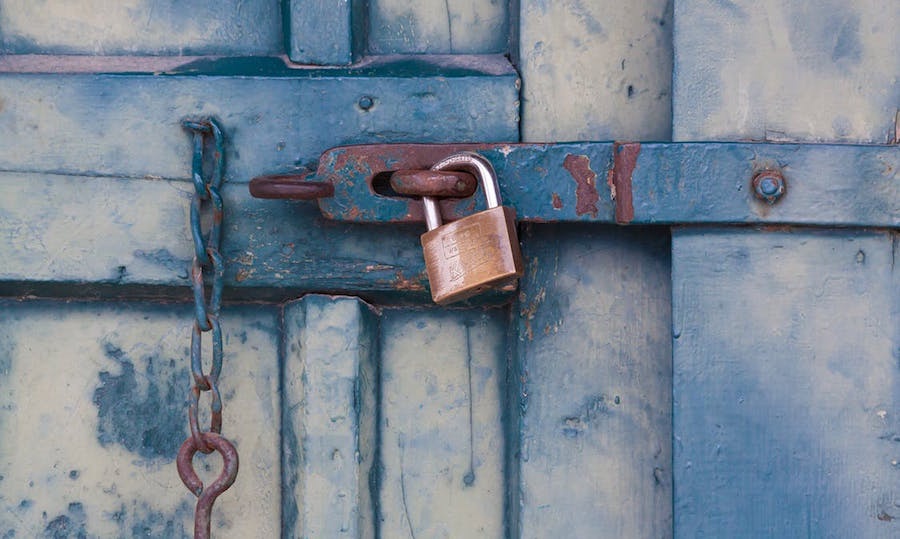Hands off my phone!

Since the Wannacry ransomware attack in mid-May, talk of cyber security (and its deficiencies) has skyrocketed. Protecting our computers, be they personal or professional, has become a major concern for those of us who consider ourselves tech-savvy. Plenty of articles have been written, email passwords updated, and antivirus softwares installed. In all the frenzy to safeguard our laptops, though, our phones have remained largely ignored.
In the Middle East, there are 140 million smartphone users, a number expected to grow to 173 million within the next two years. This means that millions of people carry around some of their most valuable personal data in their pockets, with most doing little to nothing to ensure that such information stays protected.
Direct messaging is the most pervasive form of digital communication in the region, with 93 percent of people reporting that they send messages this way, compared to 84 percent who use email. Whatsapp is the preferred messaging application for all generations, followed by Facebook.
A few regional players are trying to claw their way into this market. These include Appamahl, a Palestinian messaging platform launched earlier this year that caters to Arabic speakers, and Chaino, an Egyptian social network application looking to address privacy concerns.
Yet these regional alternatives are still fairly new, and although they are gaining traction, it’s too early to predict whether they’ll break into an already saturated market.
As ubiquitous as social media apps have become, some users are still wary of expressing themselves freely on them. There is a significant correlation between how comfortable users feel in expressing their political opinions online and how much they use social media, even on platforms such as Whatsapp that market themselves as entirely encrypted and secure.
This reticence is not without justification. Customers in the Middle East, like anywhere else, are vulnerable to getting their phones hacked and their personal information compromised at higher rates than they anticipate. Hackers are often strikingly resourceful and devise all kinds of ways to penetrate phones. As a result, connecting to public Wi-Fi networks is highly risky, as is opening a link from an unknown number, or downloading something of similarly indeterminate origin – it may turn out to be a Trojan horse.
Protect yourself 101
Now that we are all properly scared, here are some products with security measures for personal information that might just keep us safe.
-
Unhackable phones. Over the past couple of years or so, a number of smartphones that claim to be unhackable have hit the market. With features ranging from hardware encryption to self-destruct mode, these gadgets seem to have come straight from the set of a James Bond movie, although some are more affordable, ranging between $500 to $2,000, others bear an expensive price tag. The latest and most expensive of the bunch is Blackberry’s Solarin priced at $13,800. It has a ‘secure zone’ switch that nixes every feature except for encrypted phone calls and texts.
-
Safe messaging. Whatsapp is doing pretty well with its end-to-end encryption system, but the true private messaging app is Signal. Whatsapp even uses some of Signal’s source code, but unlike its competitor, Signal does not record its users’ metadata or store a copy of their messages. And there is a number of other options on the market: self-destructing messages courtesy of Wickr Me, a digital fingerprint passcode by Chatsecure, and a secure group messaging function from Gliph.
-
Learn some tricks. Even for those of us who are not too concerned about digital privacy, a few quick tips, if needed, can improve our chances of going unhacked. Keeping your software up to date, taking a closer look at the apps you download, and not making your key personal information accessible via auto-login are all good practices. In general, it’s worth double-checking all your settings every so often, especially those relating to Wi-Fi access. Securing yourself a greater measure of safety is always worth the hassle.
Feature Image via Pexels.


